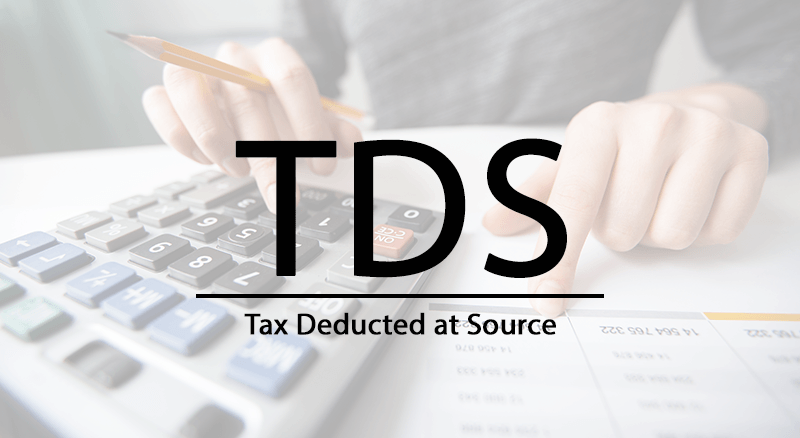Trial Balance

Decoding the Trial Balance
1. What is a Trial Balance?
A Trial Balance is an accounting worksheet that lists the balances of all ledgers, separated into debit and credit columns. It serves as a preliminary step before preparing financial statements and helps in ensuring the arithmetical accuracy of the bookkeeping process.
2. Anatomy of a Trial Balance
A standard Trial Balance comprises three primary columns:
| Head of the Accounts | Debit Amount (in $) | Credit Amount (in $) |
|---|---|---|
| Cash | 10,000 | |
| Accounts Receivable | 5,000 | |
| Sales Revenue | 12,000 | |
| Rent Expense | 2,000 | |
| Total | 17,000 | 12,000 |
In the above example, the debit and credit columns don't balance, indicating potential errors in the accounting records.
3. Importance of a Balanced Trial Balance
A balanced Trial Balance, where the total debits equal total credits, is a primary indicator of the arithmetical accuracy of the bookkeeping process. However, it doesn't guarantee the absence of errors. Some common errors not detected by a Trial Balance include:
- Errors of Omission: Forgetting to record a $500 purchase of office supplies.
- Compensatory Errors: Overstating an expense by $1,000 and simultaneously overstating revenue by $1,000.
- Incorrect Day Book Entries: Recording a $200 sale as $2,000 in the day book.
- Mispostings: Crediting an amount to "Accounts Payable" instead of "Rent Expense."
4. Beyond the Trial Balance: Identifying Hidden Errors
While the Trial Balance is a crucial tool, it's not foolproof. To ensure comprehensive accuracy:
- Bank Reconciliation: For instance, if the Trial Balance shows a bank balance of $5,000, but the bank statement reflects $4,500, there's a discrepancy of $500 that needs investigation.
- Physical Verification: If the Trial Balance indicates inventory worth $10,000, but a physical count values it at $9,500, a $500 error has occurred.
- Statement Comparisons: If a customer's statement shows they owe $2,000, but the Trial Balance reflects an accounts receivable of $1,500 from them, there's a $500 difference to resolve.
5. The Final Word
The Trial Balance is an indispensable tool in the accounting process. While it primarily ensures arithmetical accuracy, combining it with other verification methods ensures a holistic and error-free accounting system.





